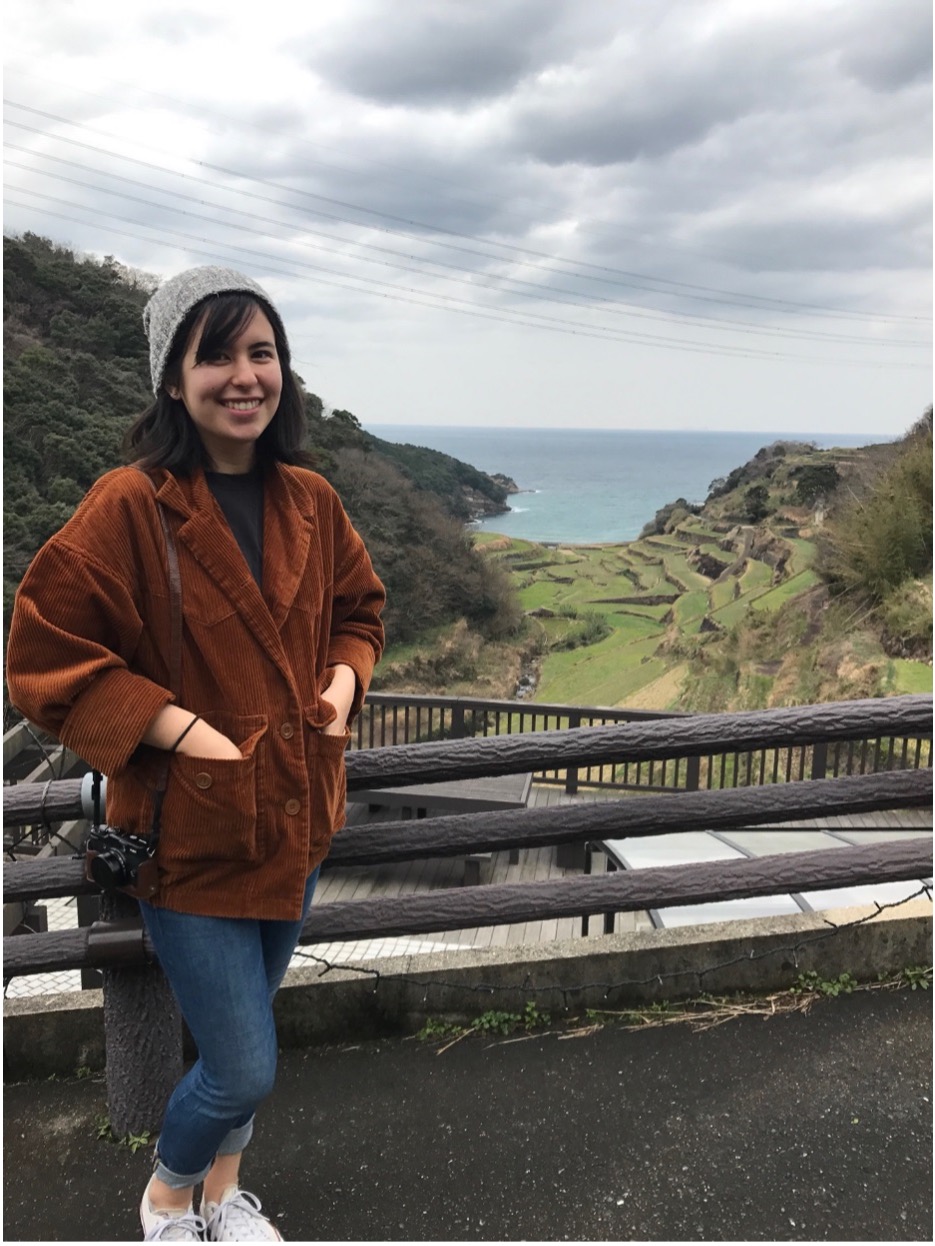BA in Asian Studies
The undergraduate program in Asian studies is designed for students desiring a liberal arts education and a broad background in traditional and contemporary Asian cultures. You can declare a major or minor in Asian Studies.
What does it have to offer you?
Learning Objectives
The Asian Studies undergraduate program provides the students with a broad interdisciplinary approach to Asian nations and cultures. Upon receiving an Asian Studies degree, a student will be able to:
- Demonstrate understanding of major themes in Asian history and cultural development.
- Be able to explain the ways in which global forces have shaped contemporary Asian societies and the approaches to studying them.
- Be able to explain the diversity, richness and changing nature of Asian world views.
- Be able to use the library to find appropriate sources of information for research.
- Be able to evaluate the probable quality of sources found on the web.
- Analyze and interpret specific issues through research.
- Outline, organize and present research.
- Design and deliver a presentation that communicates key research finding.
- Be open to different and creative ways of seeing the world.
- Foster a spirit of inquiry so that received information is never accepted uncritically.
Bachelor’s Degree Requirements
Students seeking a BA in Asian studies must meet all the requirements for admission established by CALL and UH Manoa.
Asian studies is normally declared as a major at the end of the sophomore year or beginning of the junior year though students may apply for admission to the program at any time. The formal declaration is made through the school’s Student Academic Services Office.
- Earn at least a 2.0 GPA (C average) for all UH Manoa registered courses.
- Register for all required courses (core, major, minor, and certificates) for a letter grade.
- Earn a grade of C (not C-) or better in each course applied to the major, minor, and certificate requirements.
- 45 upper division credits (courses numbered 300 and above).
- Total of at least 30 credit hours of Asia-related course work.
- This must include ASAN 201 and 202, 310 and 312, and three additional credit hours of ASAN courses at the 300 or 400 level.
- Two years of an Asian language (excluding conversation or aural comprehension courses), or demonstration of the equivalent level. This will not be counted in the 30 required credits of Asia-related work. Two years of a foreign language is a General Education requirement.
Courses taken to satisfy General Education Core requirements may not be applied to the major, and vice versa.
The 15 credits of Asia-related coursework beyond the 5 required ASAN classes should be chosen from the list of acceptable Asian Studies electives.
Language study beyond the required level may count toward the major and is encouraged for Asian studies majors.
Information on the Bachelor Degree Program Sheet can be found here.
OPTIONAL Capstone Project for Asian Studies Majors
Asian Studies majors may choose to undertake a capstone project, although this is not required. Capstone projects are developed in consultation with an Asian Studies faculty mentor, and usually take the form of an article-length paper and public presentation, or a portfolio of artistic or technical work plus a shorter paper and public presentation. Students who wish to do a capstone should begin planning when they choose Asian Studies as their major. Working with the Undergraduate Research Opportunities Program (UROP) is encouraged. See three sample capstone sequences at the link below:
Minor Requirements
There are no required courses for acceptance into the Asian Studies minor program. Attendance in ASAN 201-202 (Introduction to Asian Studies) is recommended.
Students must complete 15 credit hours including:
- ASAN 310 Asian Humanities or 312 Contemporary Asian Civilization (3 credits).
- ASAN courses numbered 300 and above (minimum 6 credits).
- Asia-related courses in disciplines other than the major field numbered 300 and above (maximum 6 credits).
It is possible to focus on one particular country or region, such as China, Japan, Korea, Philippines, Southeast Asia, or South Asia.
The Asian studies undergraduate advisor will identify Asia-related courses in various disciplines and assist in planning schedules and preparing minor forms. Also, please consult the list of acceptable Asian Studies electives.


